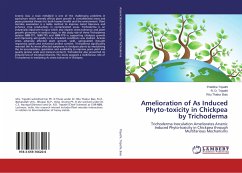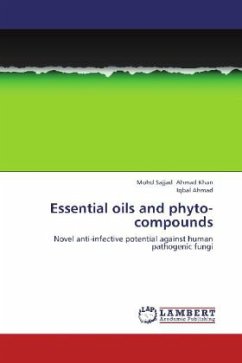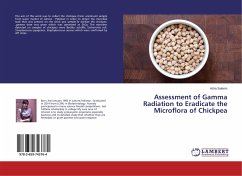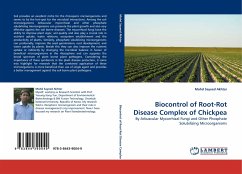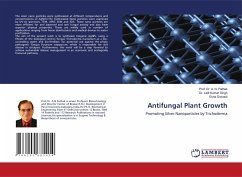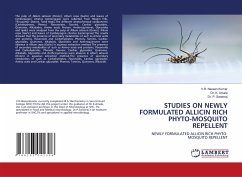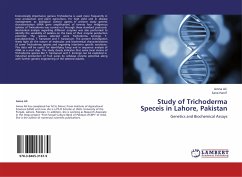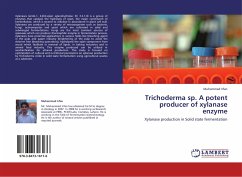Arsenic (As), a toxic metalloid is one of the challenging problems in agriculture which severely affects plant growth in contaminated areas and poses potential threats for both human health and the environment. Plant microbe association is a liable method to improve metal tolerance and enhance crop productivity in contaminated areas. Trichoderma is an industrially important fungus which also imparts stress tolerance and plant growth promotion in various crops. In this study role of three Trichoderma isolates NBRI-TP1, NBRI-TP5 and NBRI-TP9 in supporting chickpea growth and improving soil quality in As simulated conditions was studied. Arsenic stress adversely affected plant growth, yield, upregulated drought responsive genes and enhanced proline content. Trichoderma significantly restored the As stress affected symptoms in chickpea plants by modulating the As accumulation, speciation and availability to improve grain yield and quality (amino acids and mineral content). Trichoderma also prevented As induced loss of microbial diversity. The study suggests a multifarious role of Trichoderma in mediating As stress tolerance in chickpea.

